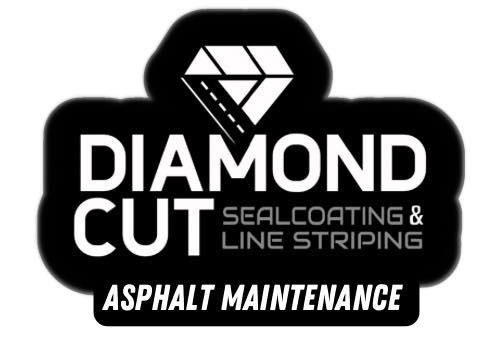What does sealcoating do?
Asphalt pavement, to keep in simple terms, is primarily rock and/or stone and gravel, along with a binder. The rock, or aggregate, is held together with this binder also known as asphalt cement. The binder is created from the distillation process of certain crude oils. Maintaining this binder is essential in prolonging the deterioration of asphalt surfaces. Rain, U.V. rays, and chemicals, as they are introduced into the asphalt, will degrade the binder and thus begin the degradation process of the asphalt. This will continue and create a surface that turns brittle. To reduce the effects of these elements, it is important to implement a maintenance program that utilizes sealcoating to extend the life of your parking lot or driveway.
Sealcoating will provide a layer of protection blocking out the elements: water, oils, and U.V. damage. In addition, when applied to manufacturers’ specifications, sealcoating provides a slip resistant surface with a deep black finish that beautifies the parking lot or driveway. Sealcoats are typically bituminous based products or acrylics. The sealcoat is in a liquid formulation of one of the above emulsions, mixed with water, silica sand, polymer additives, and other proprietary fillers and solids. These products can be applied by brush, spray or squeegee. A regularly scheduled sealcoating program will more than double the life of the asphalt, saving you significant dollars down the line. Instead of having to pay thousands of dollars for new pavement, it is more cost effective to spend only pennies on the dollar per square foot to maintain.


